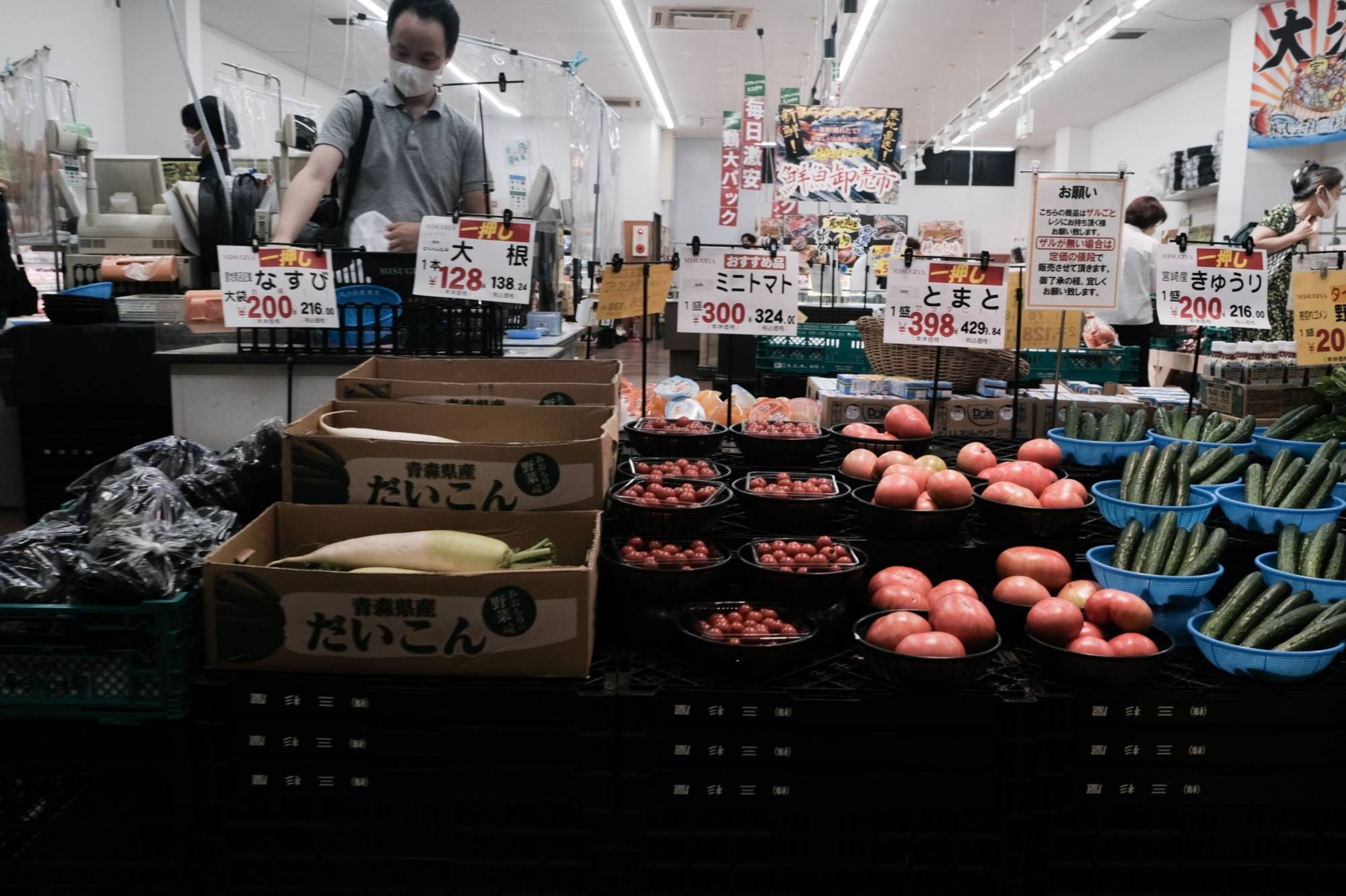As consumers in Japan have increasingly noticed price rises for their bills and favorite goods over the past few months, the issue of inflation has crept up the political agenda and put pressure on the government. But one organization does not seem to be expressing quite the same level of worry — the Bank of Japan.
Hit by soaring import costs, more companies are set to raise prices in the coming months, while there is no sign of commodity prices calming down and the yen’s value has continued to decline, adding to inflationary pressure.
The government said Friday that Japan’s core consumer prices excluding volatile fresh food rose 2.1% in May from a year earlier, topping the BOJ's 2% target for the second month.
















With your current subscription plan you can comment on stories. However, before writing your first comment, please create a display name in the Profile section of your subscriber account page.